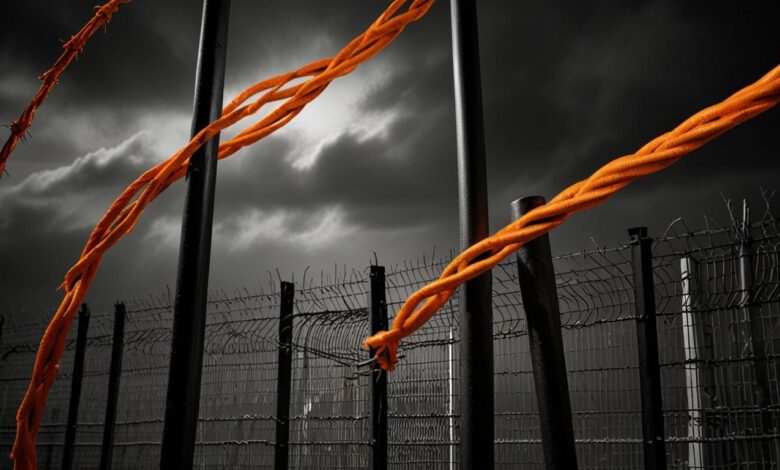Challenges in UK Conservative Party’s Governance on Immigration, Asylum, and Crime from 2010

Analysis of the UK Conservative Party’s approach to immigration, asylum, and crime since 2010 reveals unmet targets, asylum crisis, police challenges, and prison capacity issues, raising questions about governance effectiveness.
UK Conservative Party’s Record on Immigration, Asylum, and Crime Since 2010
In recent years, the Conservative Party’s handling of immigration, asylum, and crime has faced increasing scrutiny. Despite traditionally being seen as strong in these areas, recent polling indicates a significant lead for the Labour Party.
Immigration
Since 2010, Conservative governments under David Cameron, Theresa May, Boris Johnson, Liz Truss, and Rishi Sunak have consistently failed to meet their immigration targets. Cameron promised to reduce net migration to the “tens of thousands,” a goal not achieved due to EU free movement rights and higher-than-expected non-EU immigration. May’s similar 2017 pledge also fell short. Johnson’s 2019 promise of a points-based immigration system failed as net migration soared to 764,000 in 2022 before slightly decreasing to 685,000 in 2023.
Factors contributing to high immigration levels included the recruitment of overseas workers to address labor shortages in social care and universities and new humanitarian routes for Ukrainians and Hong Kongers. Efforts to cut visas by Sunak may reduce net migration to 2019 levels.
Asylum
The Channel small boats crisis, emerging in late 2018, saw a significant number of asylum seekers arriving in the UK by boat. The highest yearly arrivals were recorded in 2022 at around 46,000, with 11,500 arriving in the first half of 2023. Efforts to address the issue, such as the Rwanda deportation scheme and a £600 million agreement with France, have not substantially reduced arrivals. The asylum backlog grew significantly between 2010 and 2022 before it began to decline under Sunak.
Crime and Police
Despite an overall decline in crime, with 4.4 million crimes recorded in 2022/23—a 22.5% reduction from 2019/20—the number of charges brought against offenders has seen a significant drop. Conversely, Boris Johnson’s addition of 20,000 extra police officers has brought officer numbers ahead of 2010 levels. However, this has yet to notably lift the proportion of recorded crimes leading to charges, nor has it restored public confidence in police visibility and effectiveness.
Prisons
The UK prison system faces severe capacity issues, with inmate numbers at an all-time high. Emergency measures, such as early prisoner releases and using police stations as overflow capacity, have been implemented. Promises made in various Conservative manifestos to increase prison capacity have not been fully realized. Additionally, problems in the probation service exacerbate the crisis, with high numbers of individuals being recalled to prison due to breaches of probation terms.
Outlook
The current state of the criminal justice system, marked by a lack of support services and operational challenges across police, prisons, and probation services, reflects the broader implications of government policy choices over the past 14 years.








